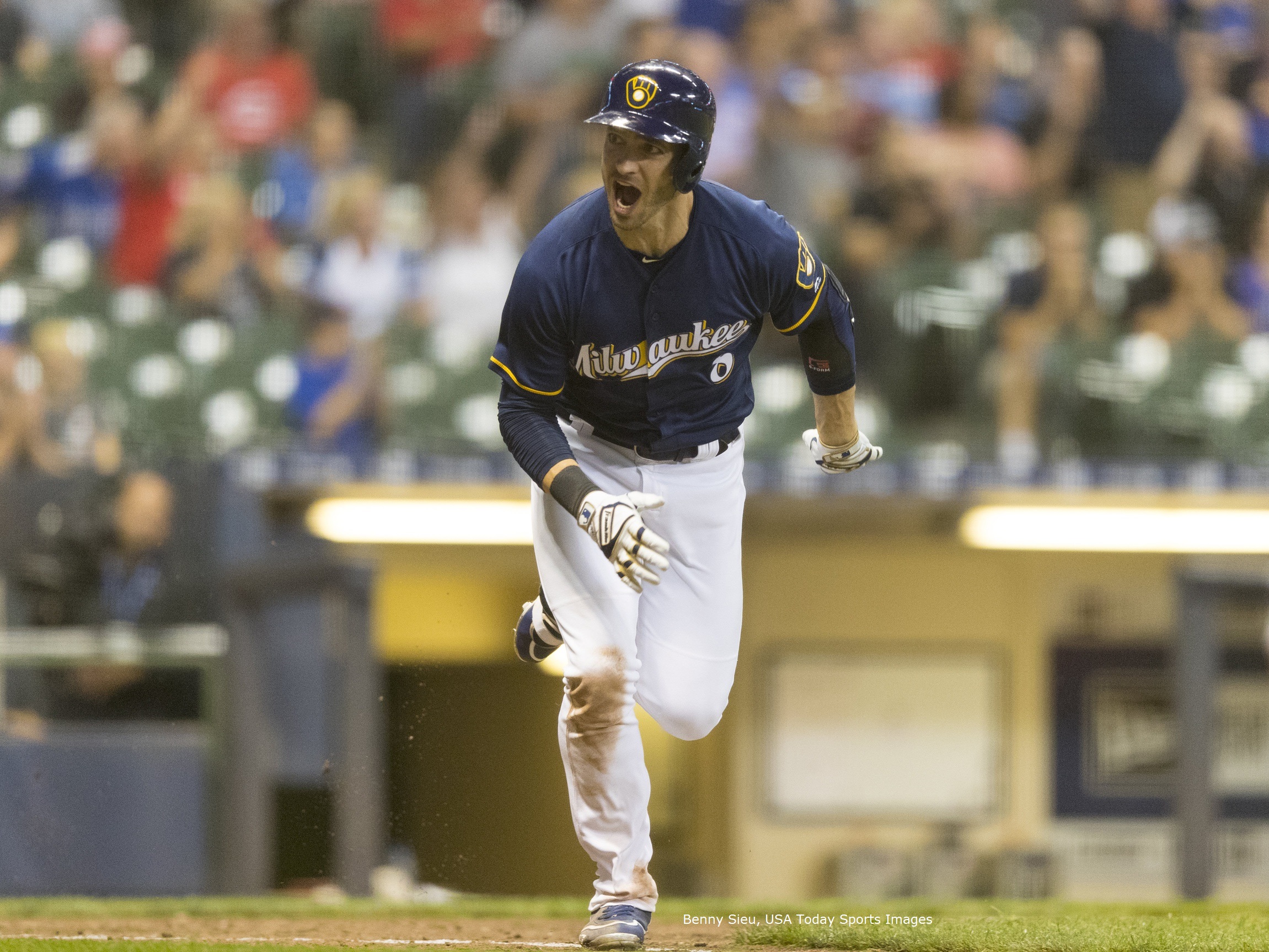Baseball analysis is full of truisms, and we generally take their truth for granted. One of the defining aspects of the sabermetric “revolution” of the past twenty or so years has been a challenging of those assumptions. Baseball, both the sport and the fans, is better off for it. We now can tell whether something people assumed to be correct actually is.
About five years ago, Russell Carleton found that “prior playoff experience has no predictive power over outcomes in the postseason.” I am sure that is still correct, as I can see no fundamental change in either the game or the makeup of the players that would impact this analysis. Nonetheless, I found myself curious whether the Brewers’ much heralded veteran acquisitions played a key role in the team’s commanding NLDS victory over the Brewers. The homegrown core of this club has little experience in the playoffs, so any familiarity with the postseason would have to come from external acquisitions (and Ryan Braun).
Ten of the Brewers on the 25-man NLDS roster had previous playoff experience, and most of those players were important in the series. The only three pitchers to have previously appeared in the playoffs are Gio Gonzalez, Jeremy Jeffress, and Joakim Soria, and both Jeffress and Soria pitched in all three games against Colorado. Of the seven hitters with a playoff track record, only Curtis Granderson wasn’t relied on particularly heavily. Each of Hernan Perez, Travis Shaw, Jonathan Schoop, Mike Moustakas, Lorenzo Cain, and Ryan Braun play key roles in the Brewers’ offense, even if they don’t each start every game (or if Schoop only had two at bats against Colorado).
Moustakas, Soria, and Schoop were each midseason acquisitions, and this was Cain’s first year with the club. Their talent is the reason the Brewers were interested in acquiring them, but in previous years we’d have heard about their playoff experience and what that kind of leadership can bring to a club. To that end, I wondered whether these players had performed particularly notably.
Interestingly but not surprisingly, there was no particular correlation between playoff success and playoff experience. In fact, Cain’s 1-12 performance was the worst by any starter, and the two best showings were from Erik Kratz and Christian Yelich, neither of whom had swung a bat in a postseason game before last week.
On the pitching side, Soria was pretty good, as five strikeouts in 2 and 2/3 innings indicates, but Jeffress’s Game One blowup was notably bad. He was the only Brewers’ pitcher with a negative Win Probability Added (WPA), which means that he was the only one who across all his appearances made the Brewers less likely to win.
For regular readers of Baseball Prospectus, I don’t expect the above information to be particularly surprising. Among other things, this was three games, and even the best players can have a bad weekend. Also, as I mentioned above, Russell Carleton’s thorough study found no relationship between playoff experience and playoff success, and I would never suggest this unscientific “analysis” would take the place of his actual study.
Anecdotally, though, this series provides an interesting data point. A three-game sweep can seem anti-climactic at the end, but the short series means that a lot turns on one game. And when Jeffress came in to close the door in Game 1, the Brewers can have expected to take a 1-0 lead. When he blew the save, though, the direction of the series was up in the air. A road team winning the first game means that the Rockies would know they only had to win both their home games to win the series.
Jeffress had only one inning of prior playoff experience, with Texas in 2016. Nonetheless, he had taken the mound in a playoff game and was supposed to be used to the adrenaline and pressure. That is the prototypical environment in which playoff experience is supposed to help. It didn’t, though, and the Brewers were in a difficult position. However, it is worth noting they were bailed out by former World Series champion Mike Moustakas and his game winning hit.
There isn’t an overarching point here, exactly. Prior playoff experience doesn’t particularly help in the present, but you likely already knew that. Instead, what we saw in the NLDS was an illustration of the randomness of a short series, and it is that randomness that dominates postseason baseball. Jeffress, who had been great all year, blew a save in what could have been a key moment. Cain, who is an MVP candidate in his own right, got one hit. Meanwhile, playoff rookies Yelich and Kratz each posted an OPS above 1.000, despite one being the likely MVP and the other being a journeyman. Baseball is weird.
